Those who have lost a dog know how deeply you grieve after they’re gone. What you might not know is that your other dogs may also be grieving their lost canine family members.
At least, that’s what recently collected data suggests. A new study from Italy surveyed 426 parents of multiple dogs and found some evidence indicating that the death of a family dog affects the others as well.
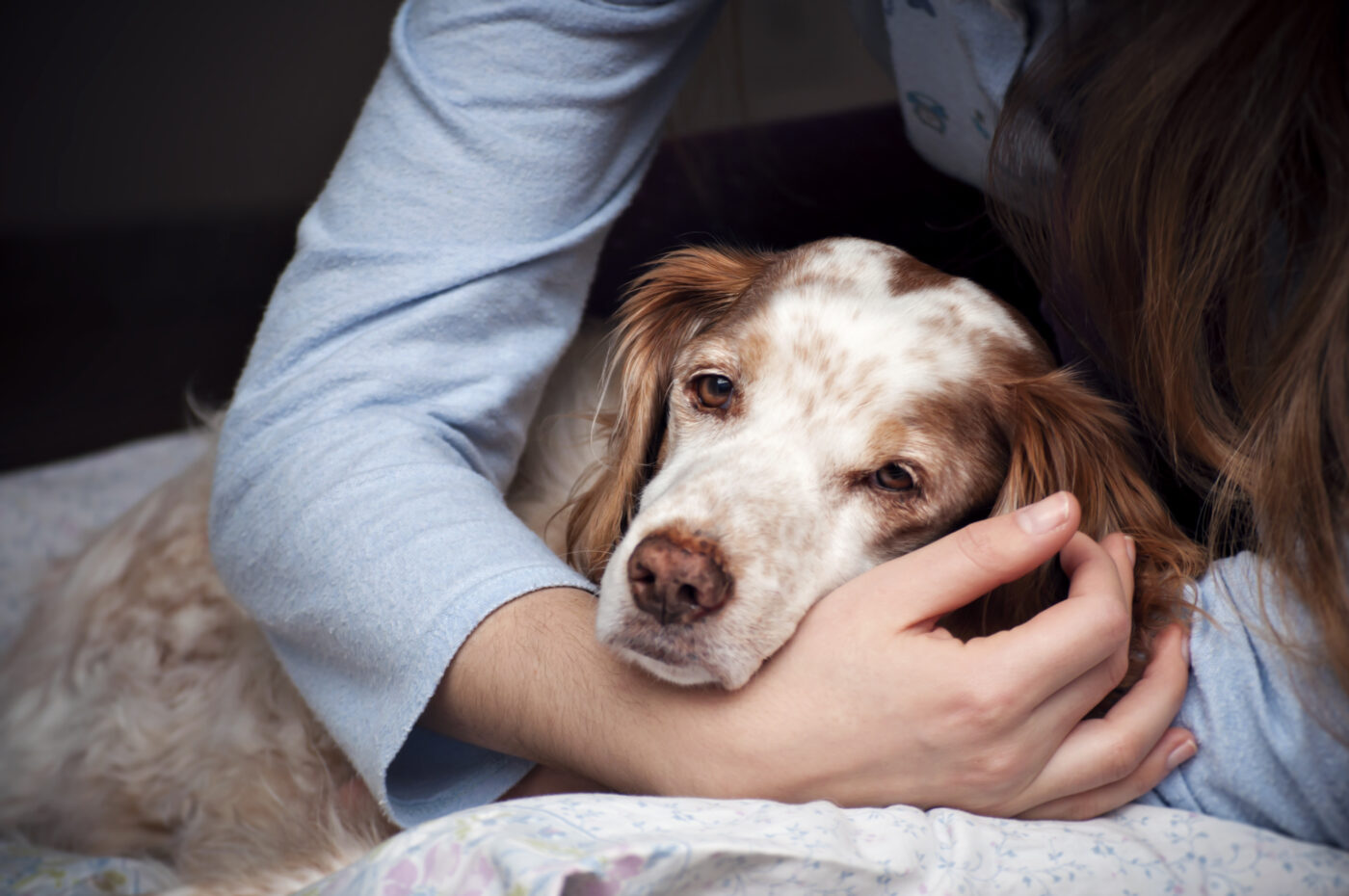
Signs Of Grief
According to the study, nearly 90 percent of dogs that experienced the death of a companion canine exhibited “negative behaviors” in the months following. These reported negative behaviors included eating less, becoming less playful, acting fearful, and seeking more attention than usual.
Most commonly reported was attention-seeking. 67 percent of those surveyed said their dog acted out more after the loss of another. 57 percent of survey respondents said their dog became less interested in playing. An upsetting 46 percent reported a decline in all activity from their surviving dog.
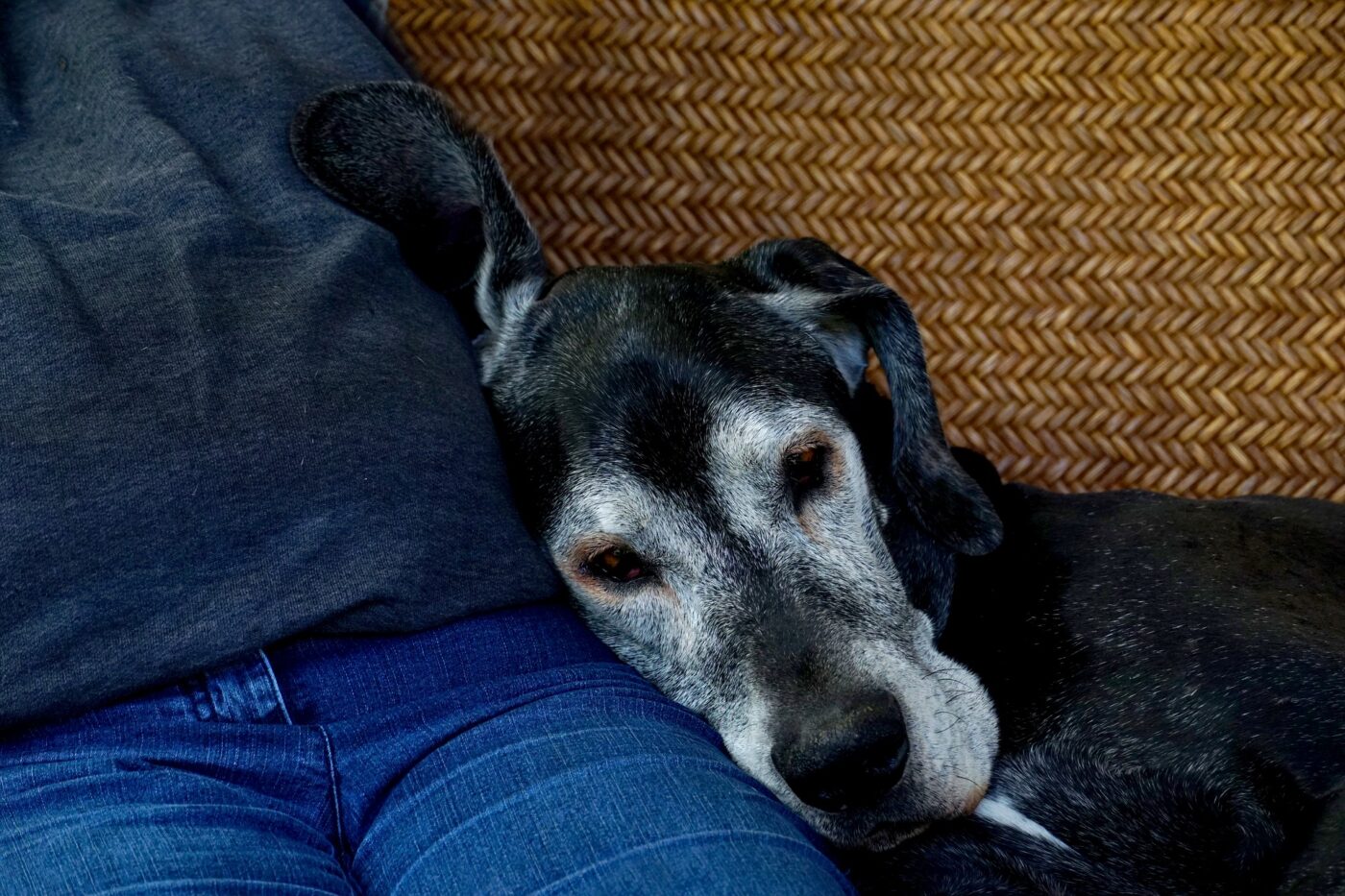
In addition to these behaviors, 35 percent of survey respondents said their dog became more fearful or spent more time sleeping. Less than 30 percent said their dog’s appetite declined or their dog was barking or whining more often following a death.
93 percent of these dogs had been living with their departed friend for over a year, and 69 percent had “friendly relationships.” However, the grieving was less about how long these dogs lived together and more about what kind of relationship they had with one another.
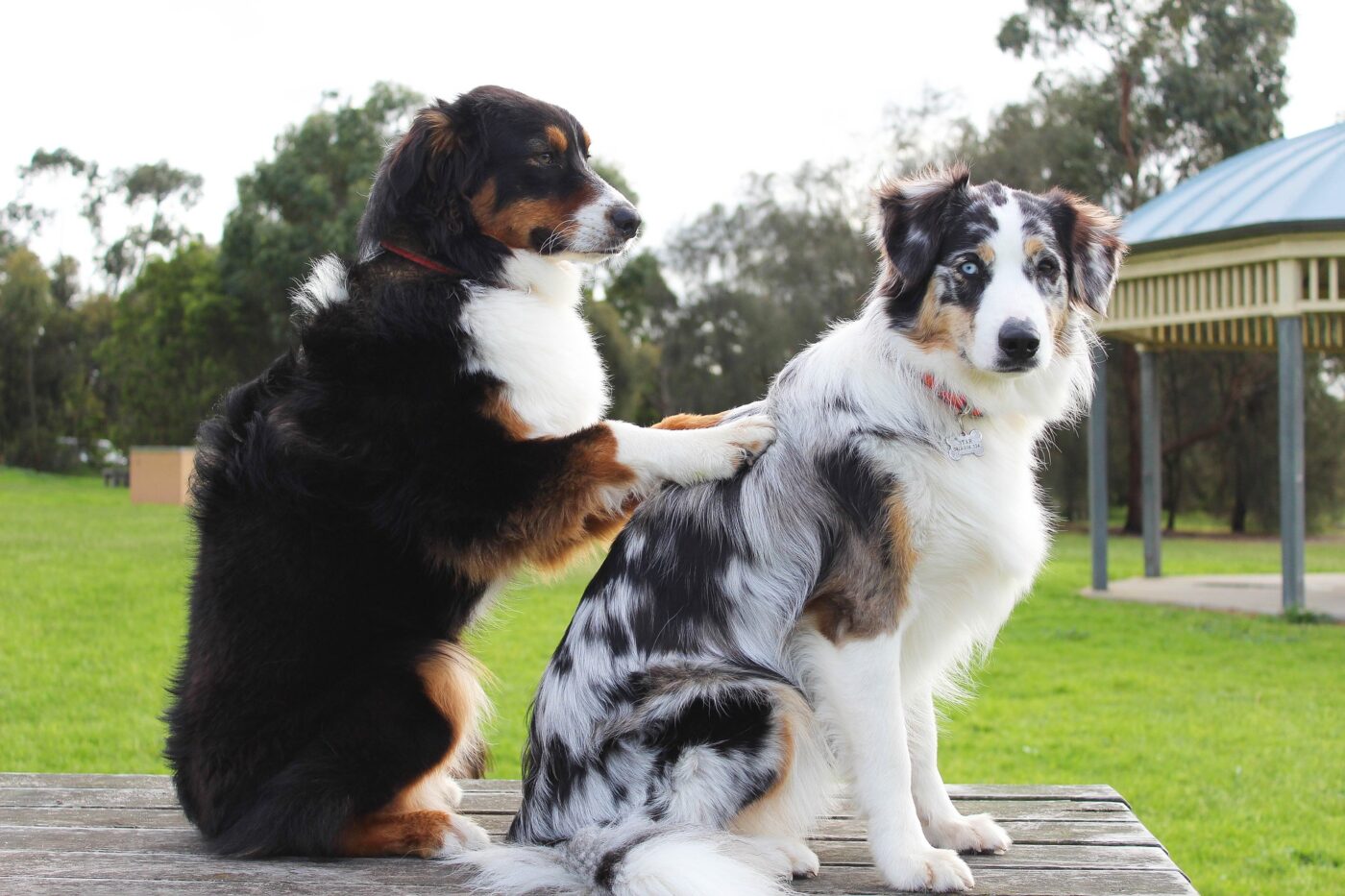
Many of these signs are the same that humans exhibit when depressed. So the question is, are we projecting that onto the dogs, or are they truly grieving their former housemates?
Does This Mean Dogs Are Truly Capable Of Grieving Others?
Behavior indicative of grief has been observed in animals in the wild. Researchers saw evidence of grief in elephants, orcas, and chimpanzees. However, the phenomenon hasn’t really been studied much in pet dogs.
This survey, while illuminating, does not allow us to definitively conclude that dogs grieve the deaths of their dog siblings. As researchers noted, other factors could be influencing the dogs’ behavior. Namely, the way dogs respond to their human’s changed mood or activity.
“Since human-dog bonding can have an effect on a dog’s perception of a dead conspecific [meaning another dog], it would be difficult attributing a specific pattern, if any, of exploration.”
Take attention-seeking behavior, for instance. It’s possible respondents grieving their deceased pets indicated wanting more attention from the other dog as a coping mechanism.
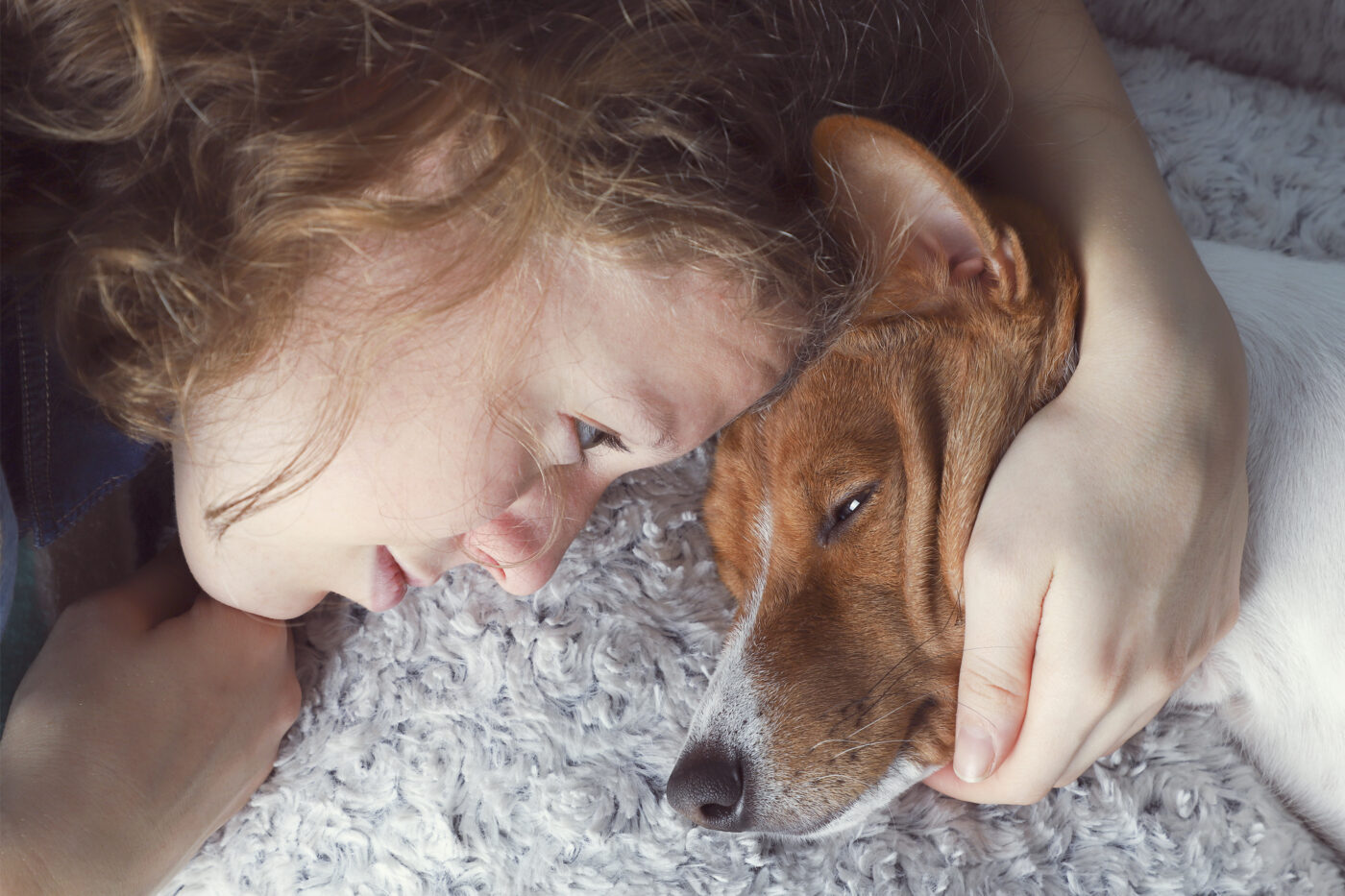
Dogs also tend to mirror the emotional energy of their owners. These behaviors that seem like dogs grieving may be dogs picking up on their peoples’ grief. As Federica Pirrone of the University of Milan explained:
“Dogs have become extremely sensitive to human communicative gestures and facial expressions. A caregiver and a dog develop an emotional connection.”
Still, some of these behaviors, like not eating or playing, indicate something is likely wrong. One notable possibility is that dogs find comfort in routine and don’t react well to changes (though they do so better than cats). Rescue dogs with difficult pasts especially dislike routine disruption, as it could mean they’re going back to the shelter or to yet another home.
At the very least, all of these ideas may prompt further research in the area. The bottom line is that there isn’t enough data yet.
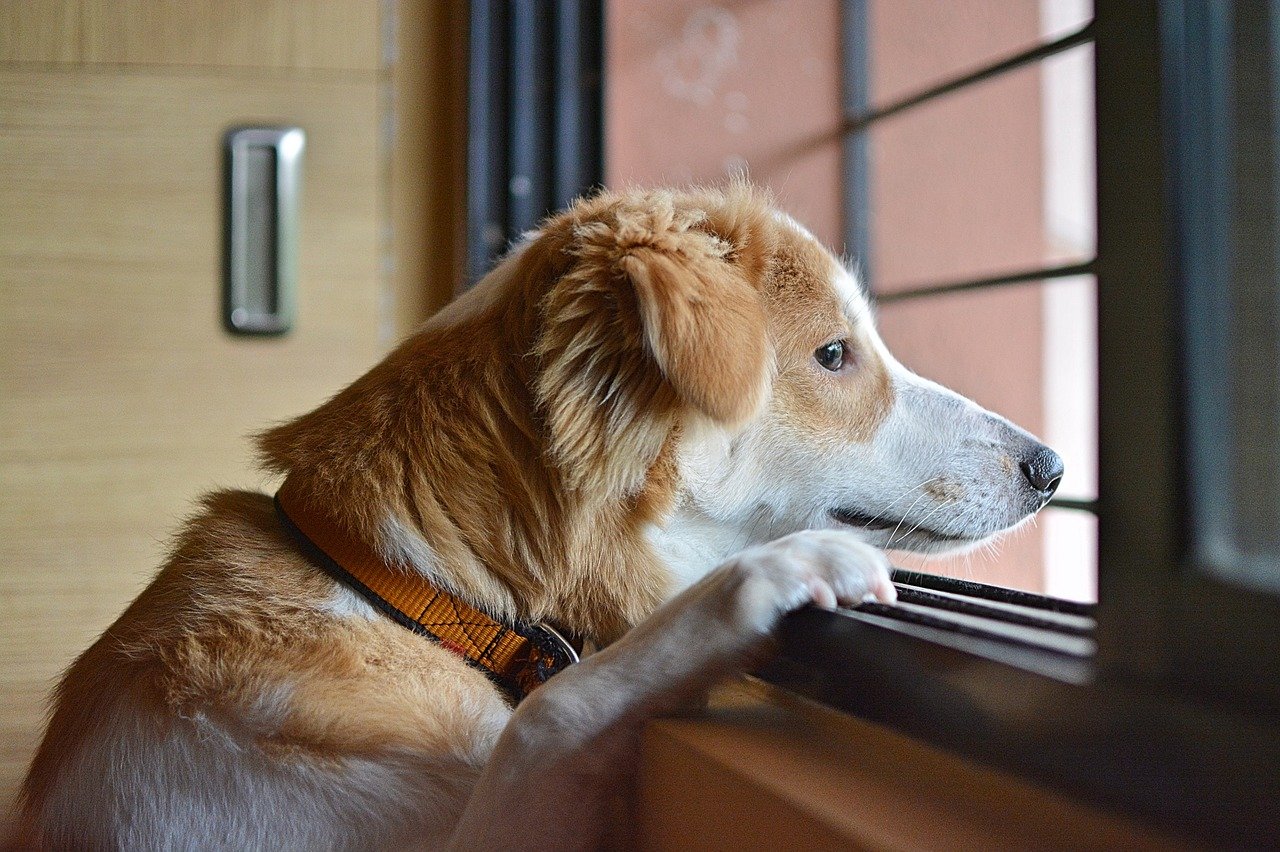
Nothing helps you get through the loss of a dog like the support of another. The information from this study should at least have us considering that your pup might be hurting from that loss too.
H/T: Science Alert
 Toledo, United States.
Toledo, United States.